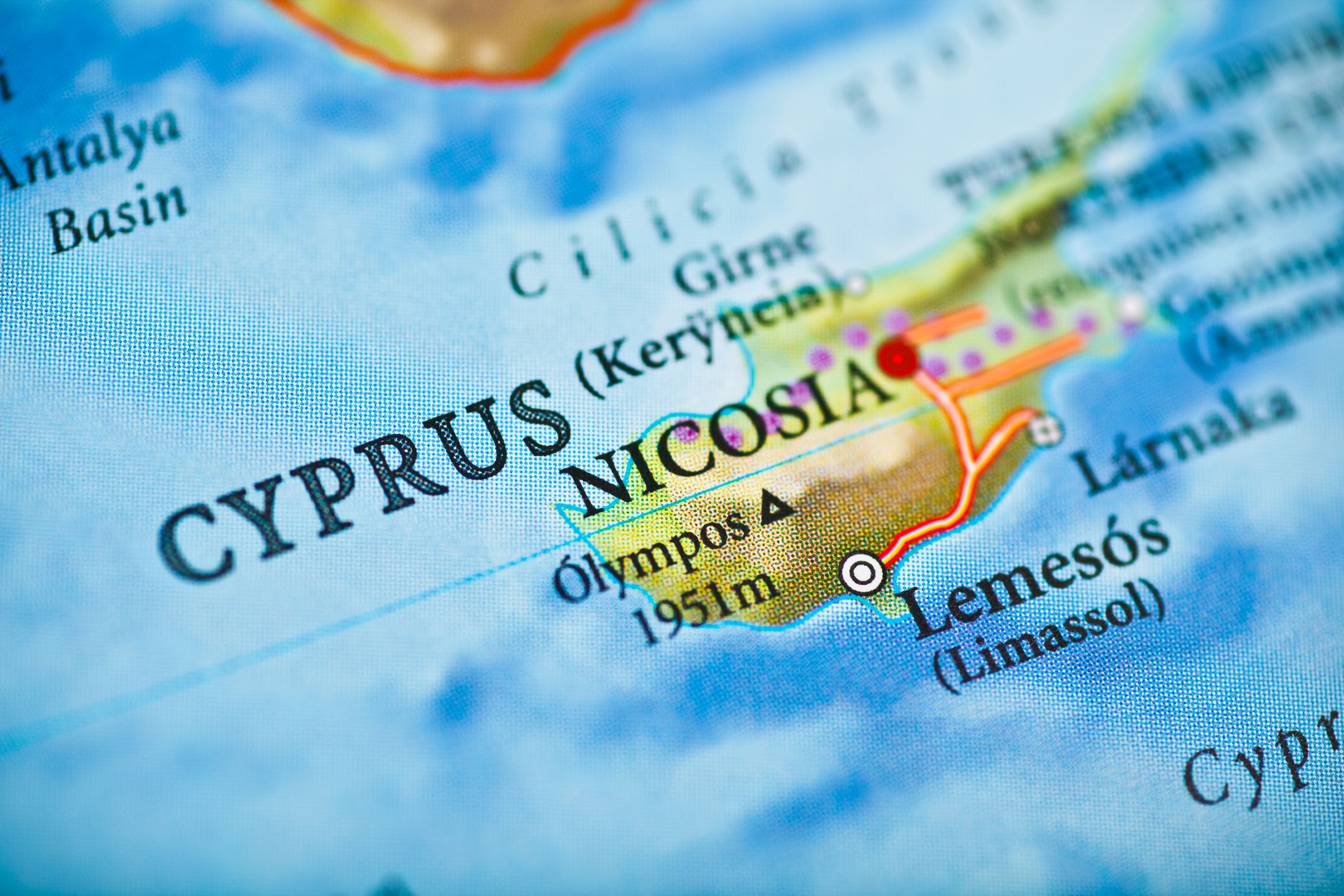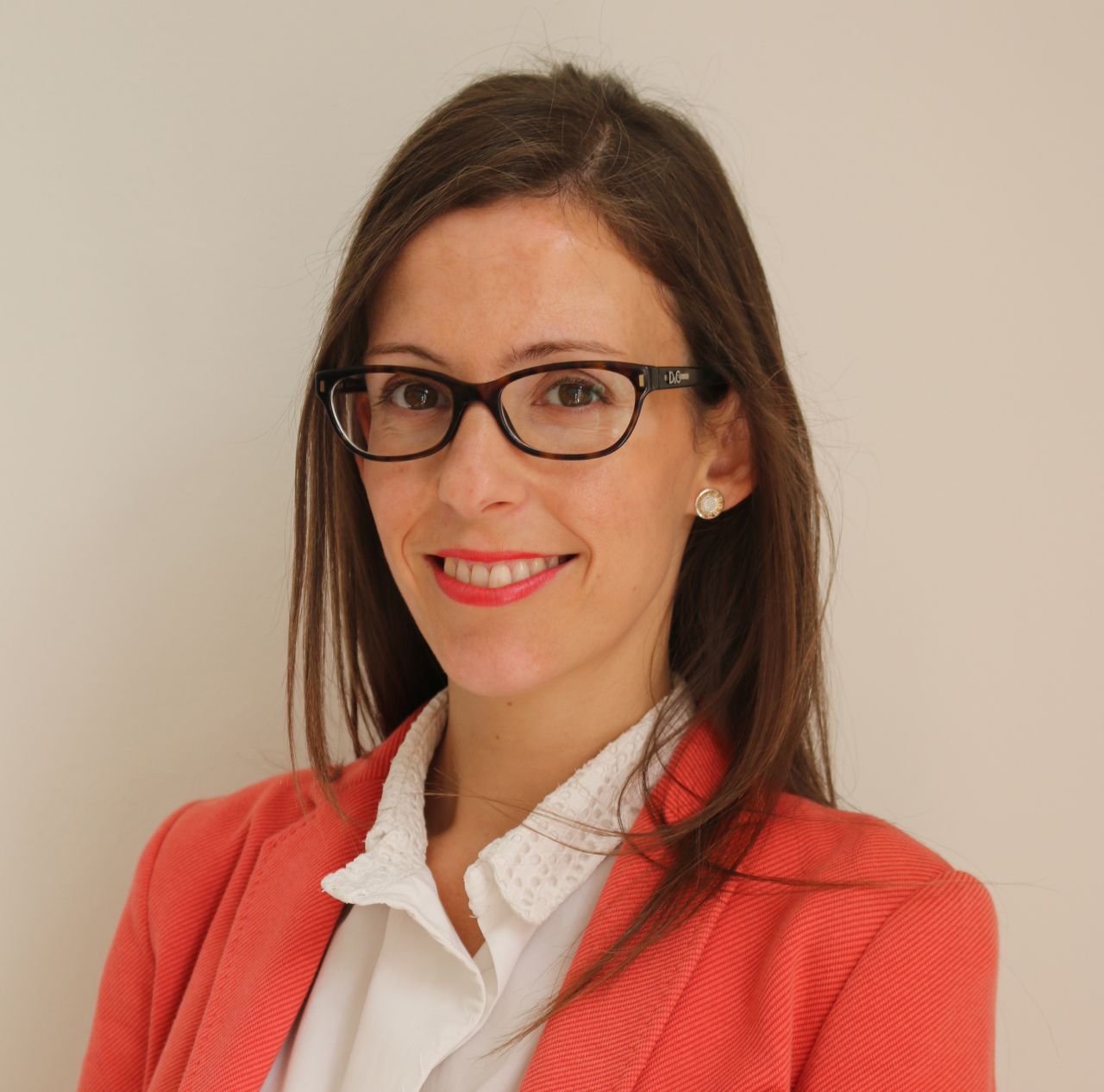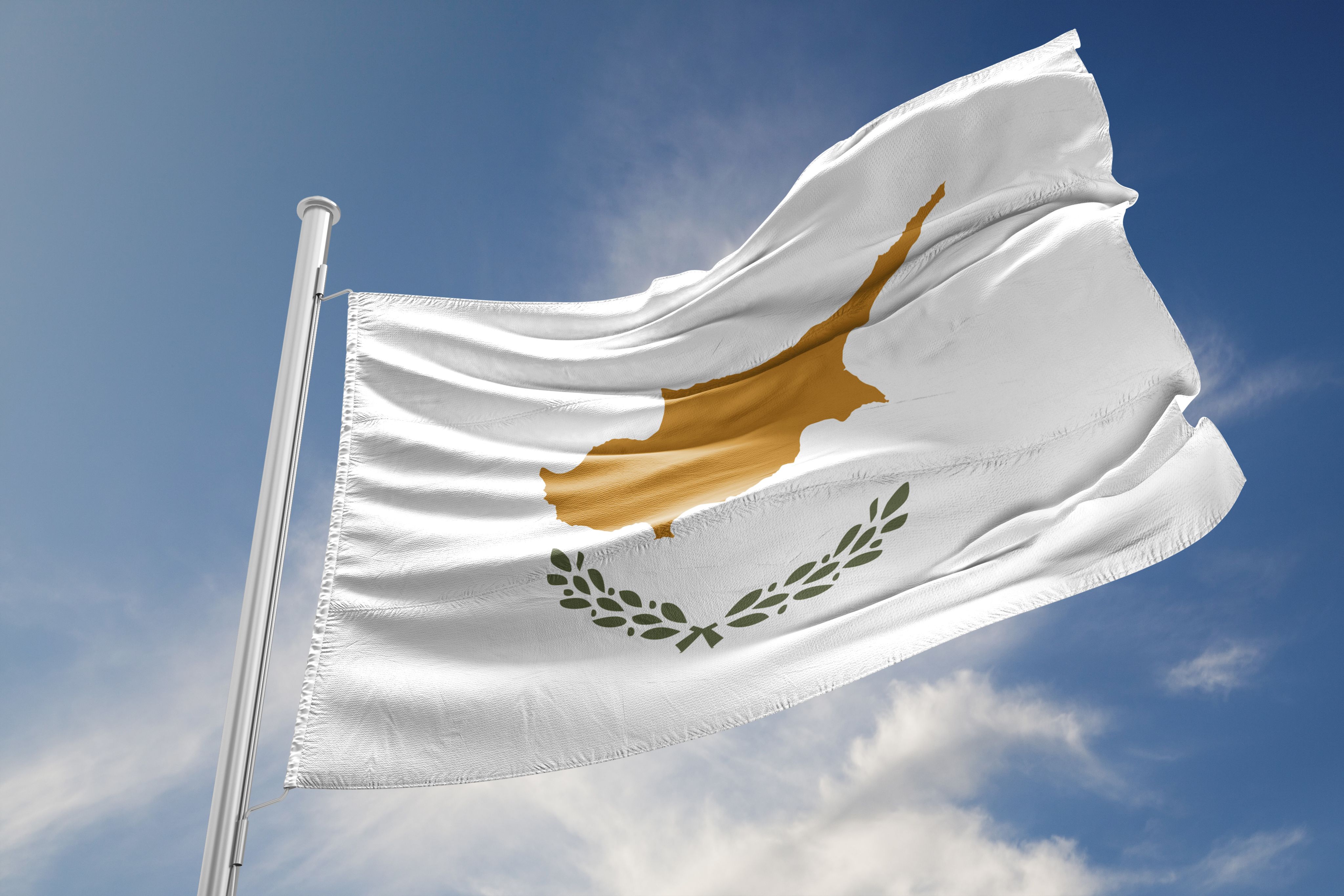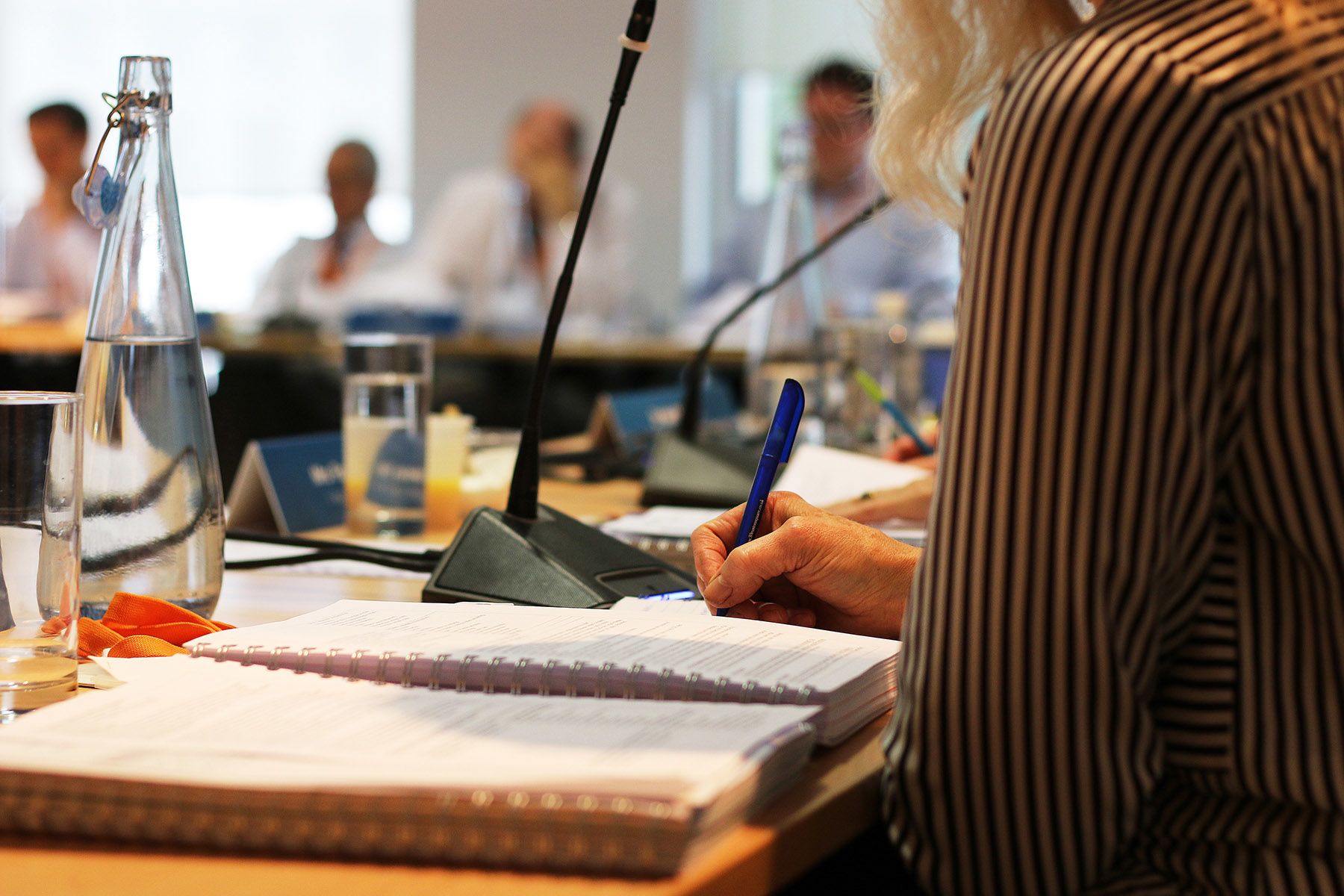Supporting the adaptation of NICE guidelines in Cyprus
Case study

The process of creating and regularly updating health and care guidelines can be both time-consuming and costly. Recognising this, Cyprus’ Health Insurance Organisation has sought assistance from our NICE International team. Working together, they’ve modified 3 NICE guidelines and their associated quality indicators for the Cypriot context, bypassing the need to develop the guidelines from scratch. This important partnership is enabling the Cypriot healthcare system to define best practice principles and improve population health across the country.

"Support from NICE International ensures guideline adaptations remain evidence-based and follow best practice. We help organisations throughout the process, delivering co-branded, locally implementable recommendations while enhancing their future adaptation capabilities."
Who was involved?
Cyprus’ Health Insurance Organisation (HIO) is responsible for implementing and managing the General Healthcare System of Cyprus (GESY) - a comprehensive healthcare system that offers equal access to healthcare services for all citizens. HIO is keen to make sure that GESY provides evidence-based care, of high quality, while enabling resources to be spent where they are most useful.
In April 2021, NICE International began working with HIO. HIO invited its health systems partners, such as the Cyprus Medical Association and the Ministry of Health, to join the collaboration.
20 key stakeholder organisations from across the country were engaged in the NICE guideline contextualisation project.
20 key stakeholder organisations from across the country were engaged in the NICE guideline contextualisation project.
Sharing our knowledge and expertise
Through their international consultancy service, NICE International initially carried out a scoping exercise to gain a deeper understanding of the Cypriot healthcare system. They also provided HIO with an overview of the contextualisation process and explained how we develop our quality indicators.
NICE International followed this up with a series of knowledge transfer seminars covering topics such as:
- managing a guideline programme
- ensuring transparency in decision-making
- committee recruitment
- declarations of interest.
These hands-on practical sessions equipped our Cypriot colleagues with the knowledge and skills needed to contextualise guidelines for use in their own country.

Adapting NICE guidelines
With support from NICE International, HIO established a guidelines secretariat. Based at the University of Cyprus, the secretariat’s role is to manage the guideline contextualisation process and provide administrative and methodological support. It includes methodologists and clinicians with a broad knowledge of the Cypriot healthcare system.
NICE International continued to provide on-going assistance and quality assurance. For example, they:
- reviewed membership of the topic expert committees that the secretariat recruited for each guideline topic
- assessed proposed changes to the original NICE guidelines and the committee’s justifications for these
- offered advice on stakeholder engagement and public consultations.
As part of their quality assurance role, NICE International reviewed membership of Cyprus' topic expert committees. Each committee included frontline clinicians and patient representatives.
As part of their quality assurance role, NICE International reviewed membership of Cyprus' topic expert committees. Each committee included frontline clinicians and patient representatives.
Outcomes
HIO has contextualised 3 NICE guidelines for the Cypriot health system:
- Atrial fibrillation: diagnosis and management
- Chronic kidney disease: assessment and management
- Thyroid cancer: assessment and management.
The contextualisation of these guidelines proved a timelier option for Cyprus. Each guideline took between 9 and 11 months to complete.
NICE’s involvement enhanced the guideline’s credibility among health professionals and key stakeholders in Cyprus.

Athos Tsinontides, director of health services, Health Insurance Organisation, Cyprus
Athos Tsinontides, director of health services, Health Insurance Organisation, Cyprus
“The Cypriot healthcare community holds NICE in high regard. We recognise that rigorously developed guidelines, reflecting the best available evidence, are a crucial resource in providing high quality care.”
HIO has developed a series of quality performance indicators alongside the guidelines. These include detailed specifications on data collection timeframes, patient selection criteria and clinical coding. They’ll use these indicators to monitor implementation of the guidelines.
The British High Commission in Cyprus has assisted with the project. This has resulted in stronger diplomatic relations between the UK and Cyprus.

NICE International supports countries to improve their nation’s health and wellbeing. It does this by sharing best practice, helping to drive improvements in evidence-based decision-making.

